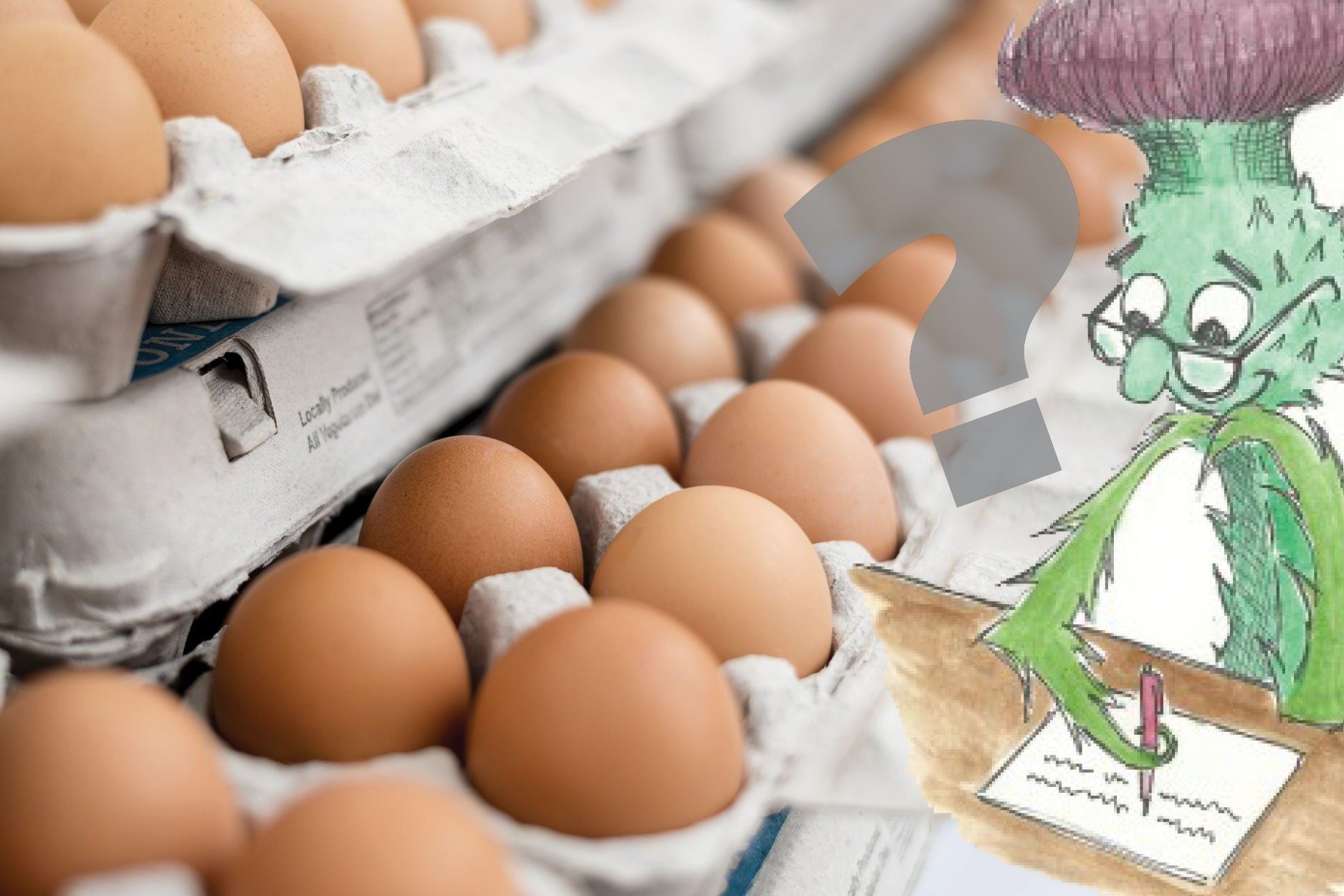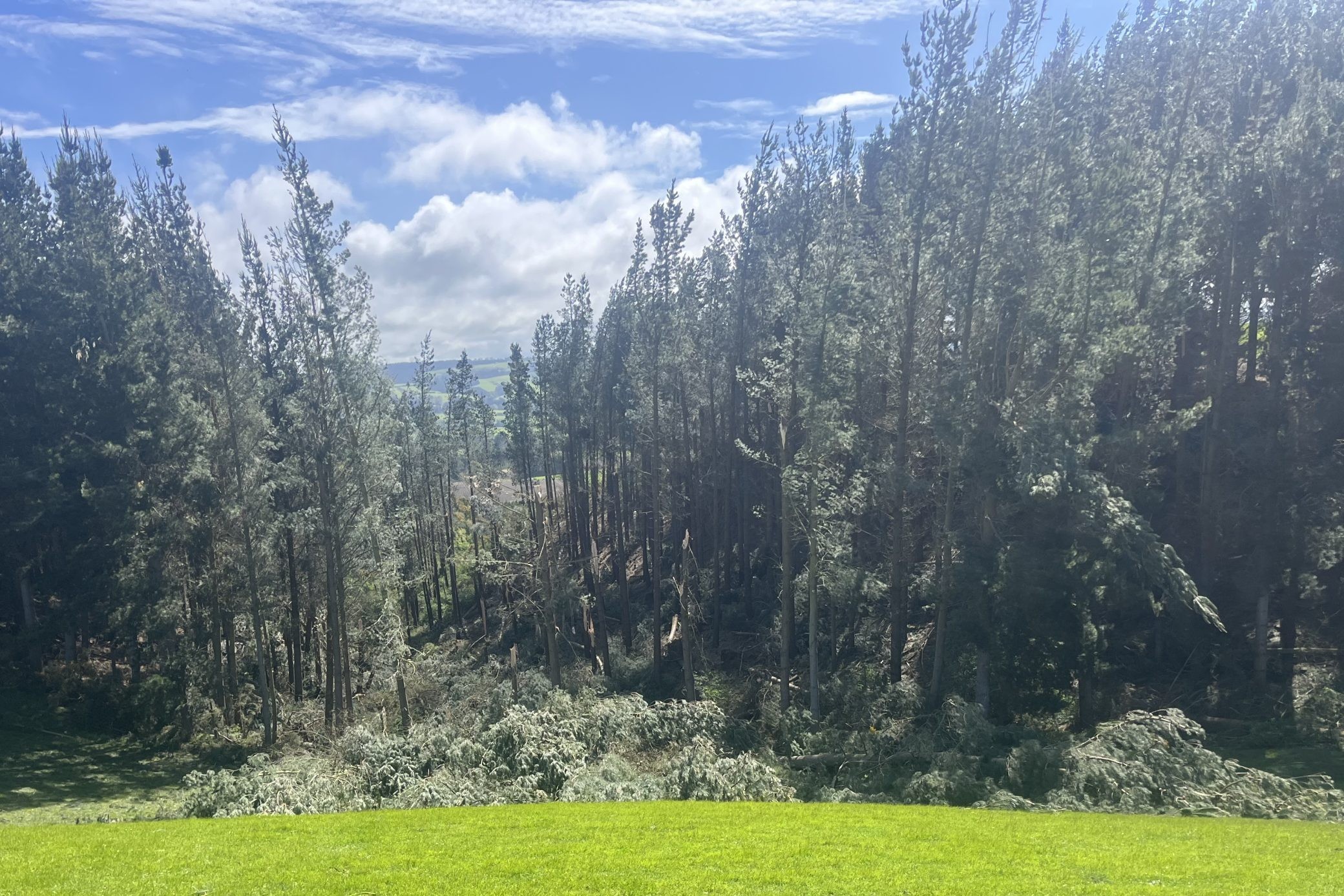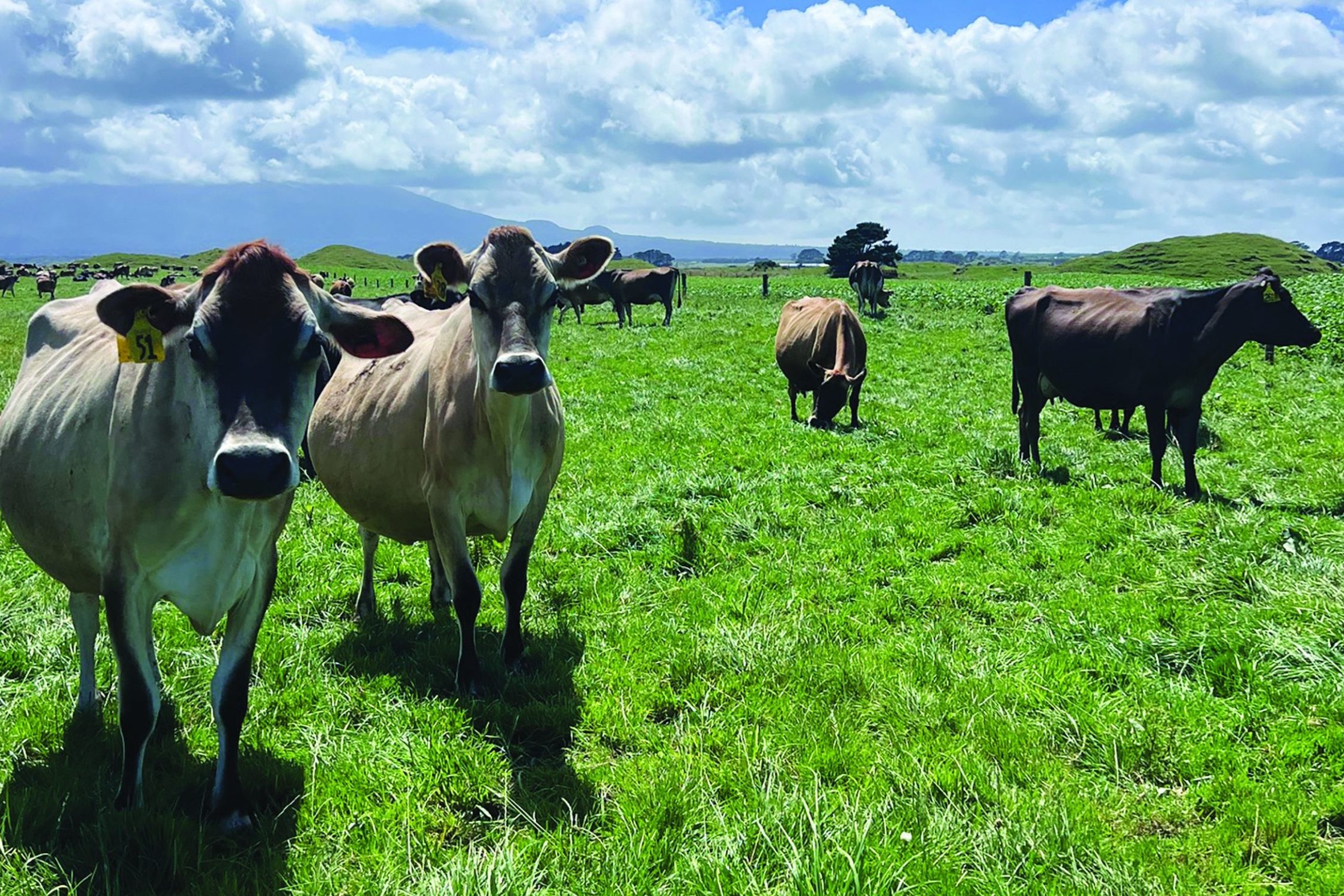Dear Auntie Thistledown – Eggs! Where are they?
Eggs! Where are they? I’ve been to three supermarkets and I’m yet to get my hands on them.

Eggs! Where are they? I’ve been to three supermarkets and I’m yet to get my hands on them.
Don’t you dare tell me to buy chickens. You know they remind me of the tiny velociraptors in Jurassic Park.
Cheers
Eggless Nick
Dearest Eggless,
Supermarkets may be run by velociraptors for all we know. They have one job, to house a convenient supply of household goods, and honestly, they aren’t even that good at it.
The great toilet paper shortage of 2020 showed that they crap at logistics.
Anyone who was watching could see this egg shortage coming a mile off. So, I am kind of judging the supermarket duopoly for not working hard enough to keep you sunny-side up.
Of course, supermarkets also undermined the conversion from the now-illegal battery cages to enriched colony cages. Their unilateral decision to phase out all forms of cage eggs in their stores in two to four years was generally viewed as unhelpful.
And, who knows if the supermarkets pass on enough revenue for the cage-free egg farmers to make a decent living? People aren’t exactly beating the door down to become egg farmers. There are fewer than 160 commercial egg farms in New Zealand. A single company, Mainland Poultry – trading as Farmer Brown, Woodland, and many of the supermarkets’ self-branded eggs – farms 1.3 million of New Zealand’s 3.5 million laying hens. The editor told me there are no eggs in the Dunedin supermarkets!
With such a concentrated industry, it is understandable that if some farms closed it would have an outsized effect on egg supply. Added to this is the fact that the most intensive form of egg farming has just been banned. Battery-hen cages could house up to a maximum of 18 hens a square metre (sqm). Each hen in the 3–7 hen cage was allocated a minimum of 550 square centimetres, which is smaller than the A4-size page you are currently holding.
Colony cages, which are larger cages that include dedicated nesting, perching and scratching-around-in-litter areas, can house up to 13 hens/sqm. Barn systems, where the hens are kept loose within a barn can house up to seven hens/sqm. Free range systems can house up to 2500 hens a hectare or 2.5 hens/sqm. All in all, you are looking at a 28% to 86% drop in productivity moving from battery farming to another system.
Furthermore, the weather has been all over the place this season. The outdoor hens will get in a funk if it gets too hot, too cold, or they sense diminishing light levels. The hens love of the 18–24℃ temperature range is part of the reason they were put inside in the first place. That, and their propensity for cannibalism. So maybe free-range production gets behind if it rains for three weeks straight. Add in labour shortages, shipping delays, and the Russians bombing the grain-fields in Ukraine and it means you will have to work a little harder to get your eggy goodness. It can be done though.
Skip the supermarkets and buy the shell eggs (fresh eggs straight from the hens’ butts) directly from the source. Many commercial egg farmers sell eggs on their company websites. There are also small operators with stalls at the end of their driveways or at those insufferable farmers’ markets. If you have fewer than 100 hens, and you aren’t traumatised by fictitious dinosaurs, then you can legally by-pass the years of box-ticking that go into setting up a commercial egg farm. Hobbyists can sell their eggs so long as they sell directly to customers and follow some basic food-labelling rules.
You can also find, via the commercial farm websites or wholesalers, a wide range of egg products that might suit your needs. You can buy yolks and whites pre-separated if your pavlova and custard making is not perfectly in balance. You can get frozen hard-boiled eggs by the kilogram. There are pasteurised scrambled egg mixes, omelette mixes, quiche mixes, all with a two-year shelf life. Those on the keto diet, and the survivalists, want you to know about powdered eggs. The vegans want to feed you chickpea brine.
Don’t ask me what any of this stuff tastes like because I am not afraid of chickens.
Bawk bawk,
Aunty Thistledown
- Cali Thistledown lives on a farm where all the gates are tied together with baling twine and broken dreams. While she rarely knows what day it is, she has a rolodex of experts to call on to get the info you need. She’s Kiwi agriculture’s agony aunt.
- Contact our editor if you have a question for her terry.brosnahan@nzfarmlife.co.nz




